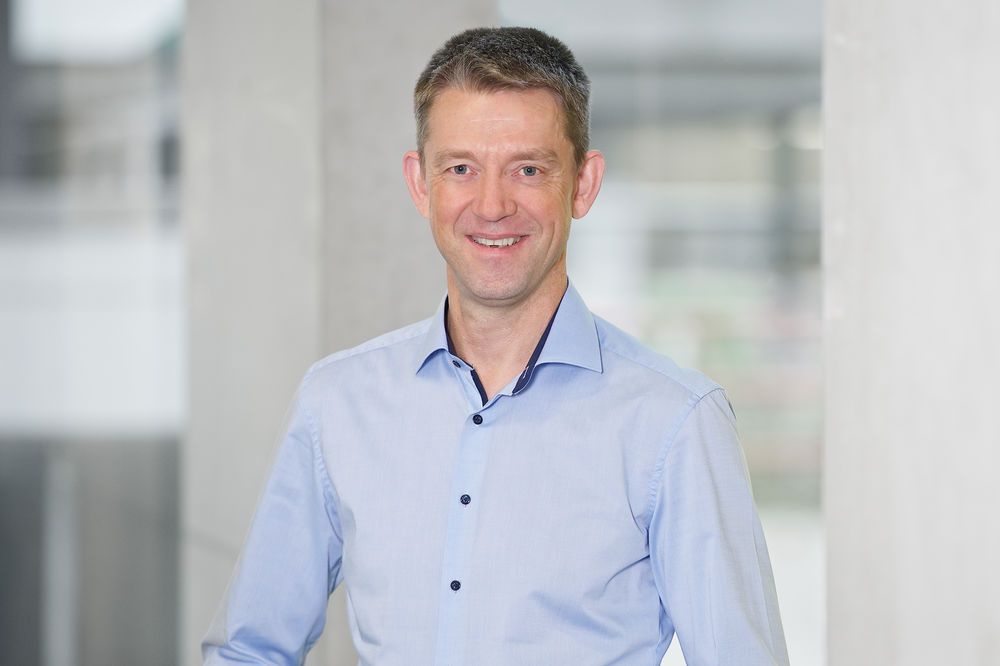
Intelligent plastics degrade themselves
The Carl Zeiss Foundation supports research at the University of Konstanz on plastics that trigger their degradation in the environment themselves
Plastics are essential in basically every modern technology. This raises the question of how material that ended up in the environment can be prevented from persisting for decades and reach organisms in the form of microplastics, for example. In the research project led by chemist Professor Stefan Mecking on intelligent non-persistent polyethylene-like material (INPEW), research teams in the Departments of Chemistry and Biology at the University of Konstanz investigate whether and how such degradable materials can be realized. The project will be funded with two million euros by the Carl Zeiss Foundation starting in January 2021 for up to five years in the framework of the programme “Perspektiven 2019.
The aim of the programme “Perspektiven 2019” is to promote the research, further development and use of intelligent materials. At the University of Konstanz, a collaboration between the research teams for chemical materials science led by Professor Stefan Mecking, for physical chemistry led by Professor Helmut Cölfen and for limnic microbiology led by Professor David Schleheck will be funded. The scientists will pursue the concept of intelligent materials with embedded microphases that promote colonization by natural microorganisms in freshwater or in the sea, ultimately triggering their complete degradation. The focus of this research is on polyethylene, the world’s most widely used plastic. It targets a concept for intelligent materials that are crystalline and mechanically resistant, but degradable in the environment, especially in the sea and freshwater.
About the Carl Zeiss Foundation
The Carl Zeiss Foundation strives to create options for scientific breakthroughs. As a partner of excellent research the foundation supports basic research as well as application-oriented research and teaching in the field of mathematics and the natural sciences. Established by physicist and mathematician Ernst Abbe in 1889, the Carl Zeiss Foundation is one of the oldest and largest private foundations in Germany supporting research. It is the sole proprietor of the Carl Zeiss AG and SCHOTT AG. Dividend payouts of the two companies are used to fund the foundation’s projects.
Key facts:
- The Carl Zeiss Foundation funds the University of Konstanz in the context of its programme “Perspektiven 2019” whose focus topic is “Intelligent materials”
- Collaboration in the Departments of Chemistry and Biology at the University of Konstanz between the research teams for chemical materials science led by Professor Stefan Mecking, for physical chemistry led by Professor Helmut Cölfen and for limnic microbiology led by Professor David Schleheck
- Funding for a concept of intelligent materials with embedded microphases who trigger their degradation in the environment themselves
- Funding sum of 2 million euros, funding period up to five years.

